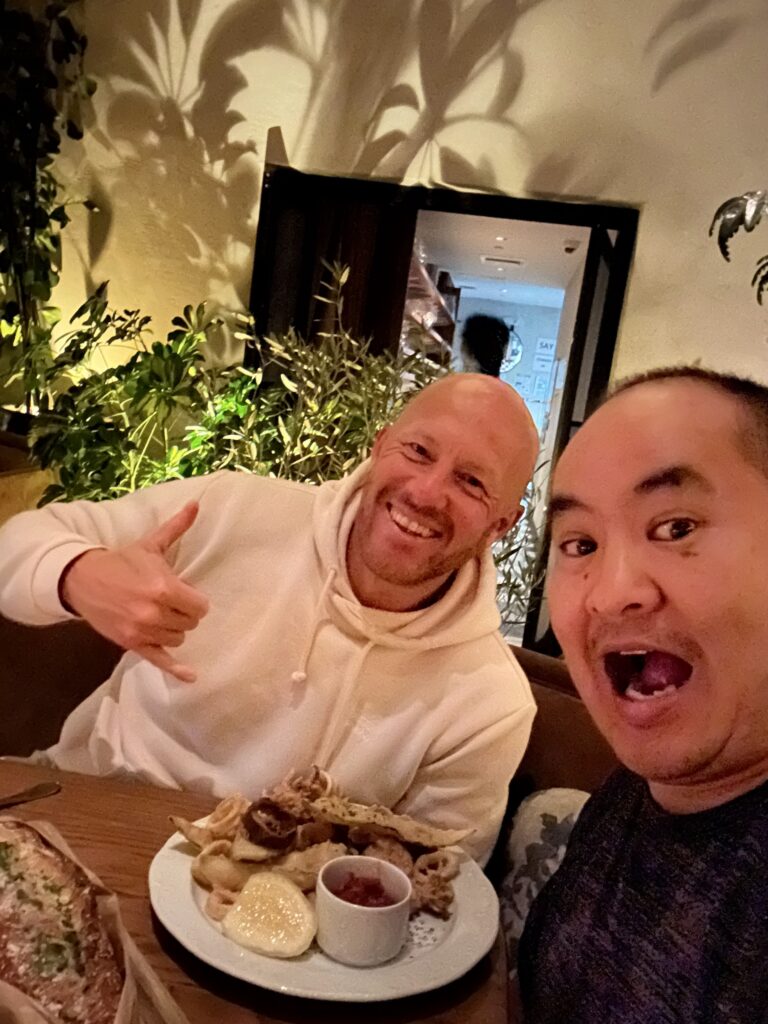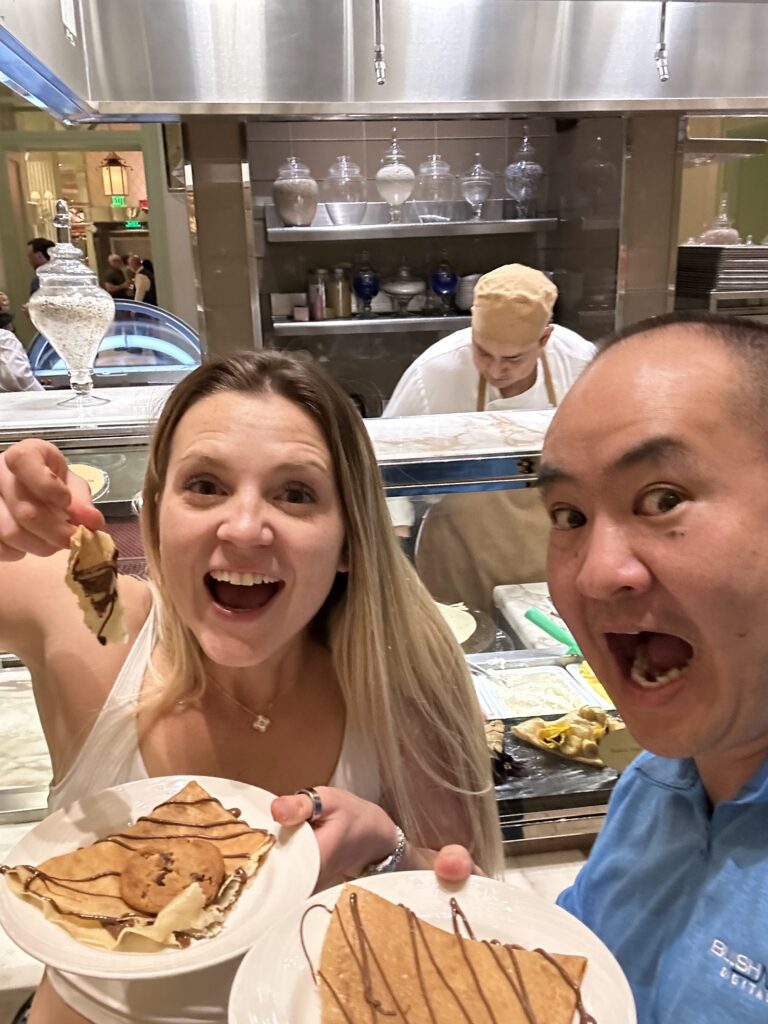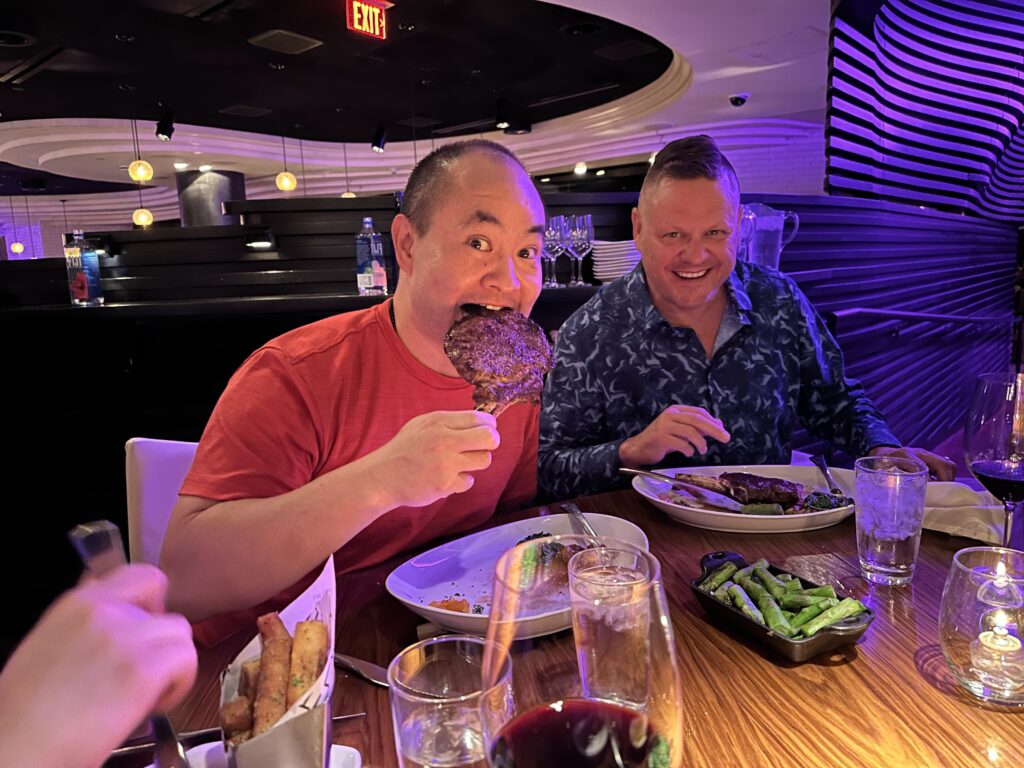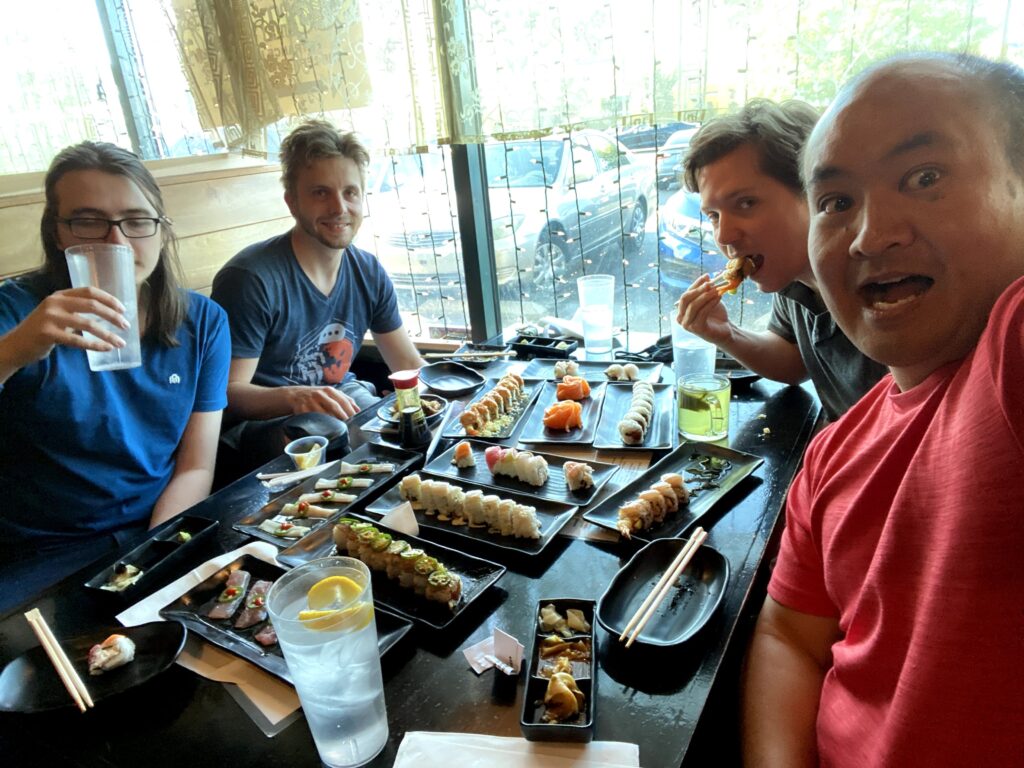
25 years ago, I was a search engine engineer. My job was to protect people from all the different tools.
Over the years, tools have changed. They’ve gotten more sophisticated, but they’re still tools.
Danny Sullivan, who now works at Google has said the same thing.
Many of us have heard of Google’s quality guidelines, E-A-T. They have now changed that to E-E-A-T. Why is that important?
The extra E, is looking for experience. It used to be Expertise, Authority and Trust – they added an extra E – Experience.
The AI doesn’t have your stories. It doesn’t have your moments – where you’re in Austin eating tacos with your friend or hanging out and eating steak. Because AI is not human, with those stories, Google is able to determine whether it’s content that deserves rank or was it content that was just created for the search engines.


You may have heard of the difference between synthetic content vs real content. I can pick a photo or a video from my personal phone gallery – Google knows exactly what device I’m using, where the media was taken – it has all sorts of information. This is what Google’s looking for – a signature of trust. When I take these stories that started out as photos or videos, they can then be turned into blog posts.

If you start with your actual content, ChatGPT like any tool or any technology is an amplifier of what you already have. If you start from nothing, nothing times a million is still nothing. So if you start with a seed of stories and friendships that we have, we can add pictures and videos to enhance the initial seed, the nugget that I put in initially. That’s where people are getting it wrong with AI.
Using AI to auto generate everything is where Google will eventually catch you. As Bill Gates has said, AI is a multiplier of what you already have.
So it’s what you put in the machine – you’re going to get 10 times more of it.

